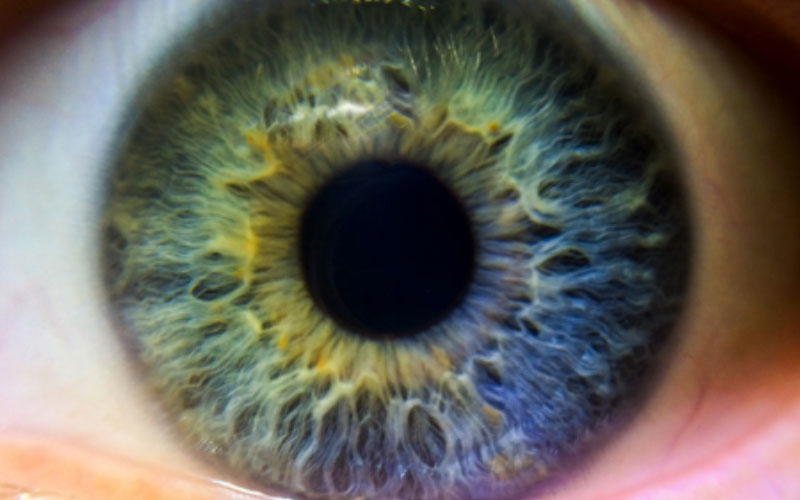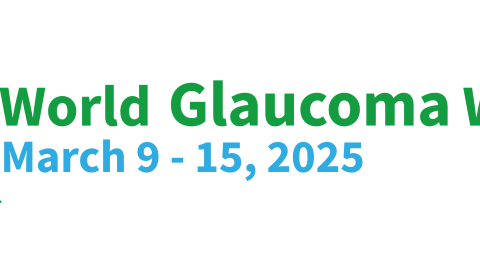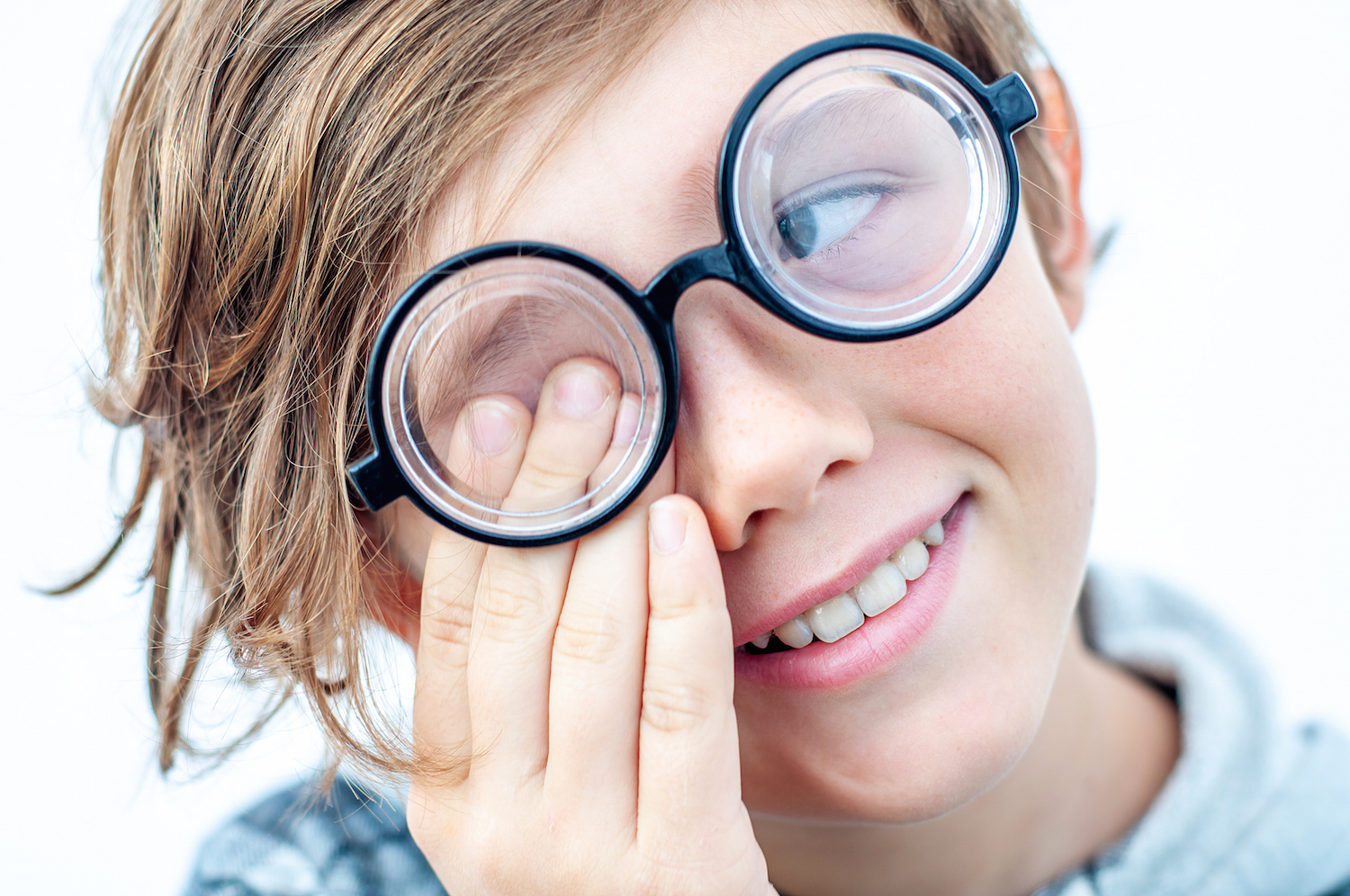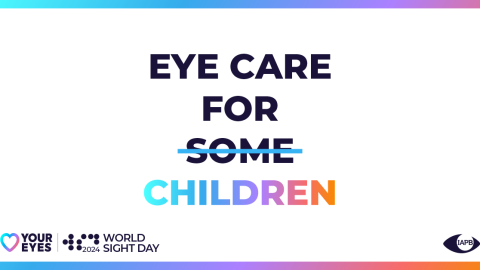The importance of maintaining good eye health
“Our eyes are like precious jewels and our eyesight is one of our most important assets. Despite this, many South Africans are not as attentive to their eye health as they are about other aspects of their health.”
KwaZulu-Natal ophthalmologist, Dr Yavische Reddy, pointed this out during Eye Care Awareness Month, which is between 23 September to 18 October this year. Dr Reddy, who practises at Netcare Alberlito Hospital in Ballito, says that vision loss can have a variety of different causes and affect people of all ages and groups.
“Vision loss and can either occur gradually over time or rapidly, depending on what is causing it. We can, however, take certain precautionary measures to assist in maintaining the long-term health of our eyes. “In addition, while some eye conditions cause permanent damage, many can be corrected, or at least be successfully managed, particularly if the condition is diagnosed and treated at an early stage,” added Dr Reddy.
She says it is important for a condition such as glaucoma, for example, to be identified and treated before it goes on to cause serious vision loss. Cataracts, which quite commonly develop in elderly people, can be surgically removed, the lens replaced, and eyesight restored. Eyeglasses, surgery, medicines and other interventions may be used to assist people with eye and vision problems.
The importance of check-ups
“The importance of maintaining good eye health and of having your eyes and eyesight regularly checked by an optometrist or if necessary an ophthalmologist, a specialist concerned with the study and treatment of disorders and diseases of the eye, cannot be over-emphasised. We recommend that all South Africans have check-ups, preferably at least once every two years, to ensure that their eyes remain in good health.”
Dr Reddy warns that regular vision tests should not be limited to the elderly: “Children should also have their eyes tested to pick up any undiagnosed refractive errors. If refractive errors are missed in childhood, vision in that eye may not develop properly. If picked up early, however, there is the potential to fully correct the problem.”
Dr Reddy highlights three conditions that commonly negatively impact the eyesight of many South Africans.
Glaucoma
Glaucoma is a progressive condition that results in damage to the eyes’ optic nerve. It usually progresses relatively slowly and initially has no symptoms, pain or vision loss. If left untreated, however, it results in decreasing peripheral vision, and eventually tunnel vision and blindness.
“Glaucoma is detected by assessing your intraocular pressure, examining the optic nerve, and checking the visual field. There is currently no cure for glaucoma and vision lost as a result of the disease cannot be restored. Treatment, however, can prevent further loss of vision. Depending on the severity of the disease, treatment may include eye drops, laser treatments and/or certain minor surgical procedures.”
Diabetic eye disease
Dr Reddy says that people with diabetes are at risk of developing diabetic eye disease, which refers to a group of conditions. These include diabetic retinopathy, diabetic macular oedema and cataracts, all of which have the potential to cause vision loss and blindness.
“Diabetic retinopathy typically lacks early symptoms and often goes unnoticed until visual loss occurs. This vision loss is sometimes irreversible. Early detection and treatment can reduce the risk of blindness by up to 95 percent. It is therefore critical for people with diabetes to get a comprehensive dilated eye examination at least once a year. Women with diabetes who become pregnant should have a comprehensive dilated eye examination as soon as possible.
“Studies show that sound diabetes management and good glucose control slows the onset and assists in preventing diabetic retinopathy from worsening. Patients whose glucose is well controlled are less likely to develop the condition.”
Age-related macular degeneration
Age-related macular degeneration, also known as AMD, typically affects patients over the age of 50 years. It causes damage to the macula, a small spot near the centre of the retina, which is needed for sharp, central vision and enables us to see objects directly ahead.
“There are two variants of AMD: one progresses slowly due to deposits and atrophy in the retinal tissue, and the other develops rapidly due to bleeding in and under the retinal tissue. AMD does not result in complete blindness, but may greatly hinder everyday tasks such as driving, reading, cooking and writing. It is important for those with AMD to stop smoking and eat a diet high in green leafy vegetables and omega fatty acids. There are also specific vitamins that can assist in slowing the progression of AMD.”
Eye care tips
Dr Reddy says that there are some basic steps that South Africans can take in order to protect their eye health.
Use eye protection: Avoid unnecessary eye injuries by using protective eyewear that wraps around the eyes when working in an environment where there is a risk of something getting into your eyes, such as dust, metal fragments or chemicals. Also consider wearing protective eyewear when engaging in sports where balls or racquets are used, as they may pose a risk for eye injury.
Protect your eyes from UV light: Ultraviolet light can result in the development of cataracts and age related macular degeneration. Use sunglasses that provide good UV protection.
Avoid rubbing your eyes: Eye rubbing can result in minor, as well as long-term complications. Persistent eye rubbing can induce astigmatism in the eye and result in the need for spectacles. Rubbing can also potentially introduce eye infection or cause eye abrasions.
Improve hand hygiene: Avoid touching or rubbing your eyes with dirty hands. This can introduce both bacterial and viral infections to the eye. Wash your hands prior to touching your eyes, using any eye medication, or before removing or inserting contact lenses.
Avoid directing laser pointers to the eyes: Laser pointers can burn the retina, the nerve tissue in the eye. Laser burns to the retina cause irreversible damage and may result in the loss of central vision.
Stop/avoid smoking: Smoking is not only potentially bad for your general health, but also your eye health. Smoking may accelerate cataract formation, and contribute to the development of age related macular degeneration and thyroid eye disease, as well as cause eye allergies.
Issued by: MNA on behalf of Netcare Alberlito Hospital
Contact: Martina Nicholson, Graeme Swinney, Meggan Saville and Estene Lotriet-Vorster
Telephone: (011) 469 3016
Email: martina@mnapr.co.za, graeme@mnapr.co.za, meggan@mnapr.co.za or estene@mnapr.co.za









